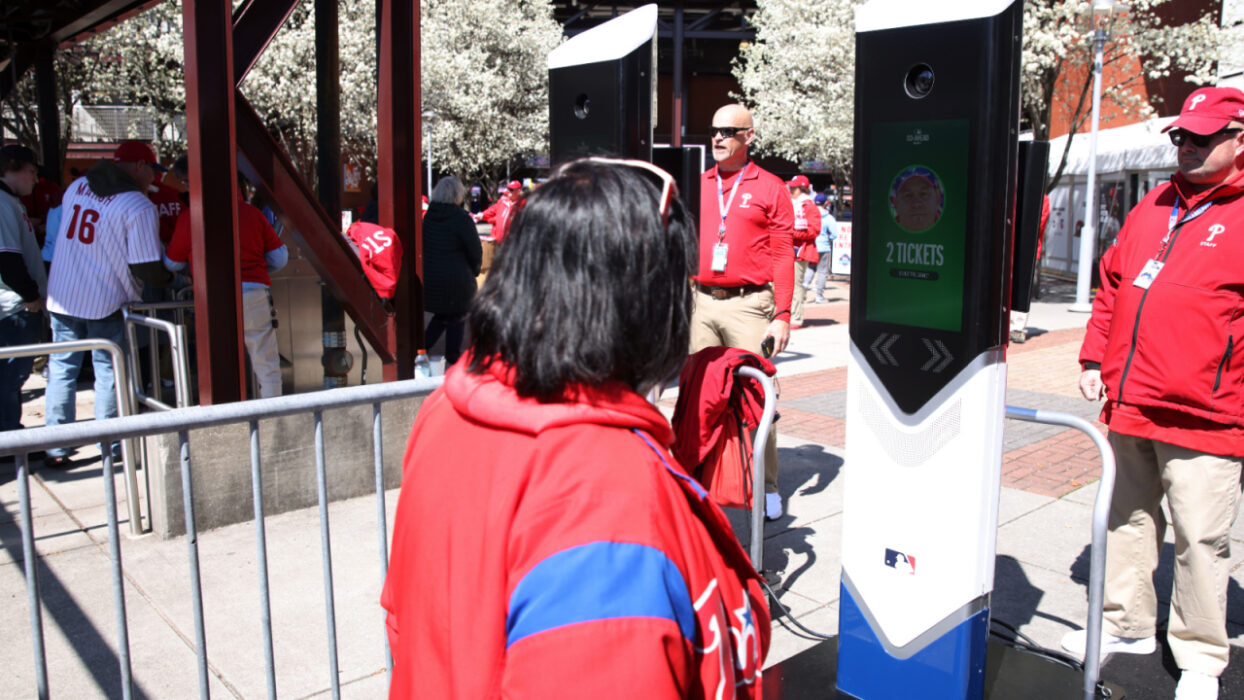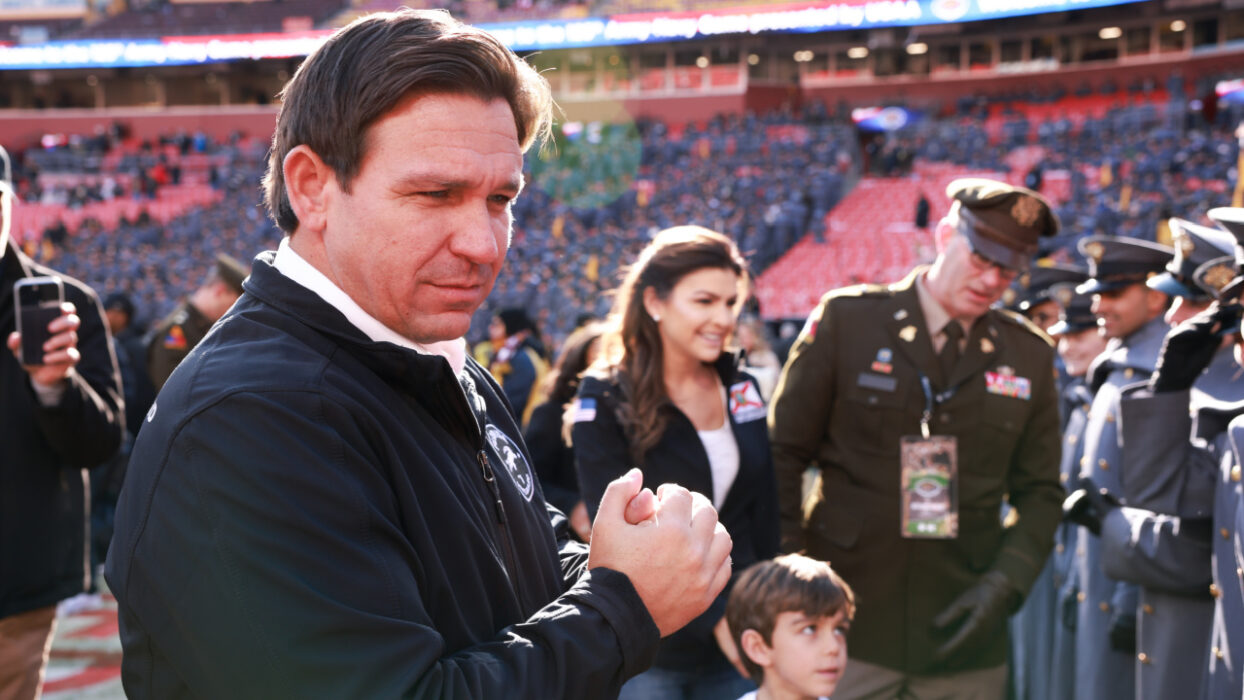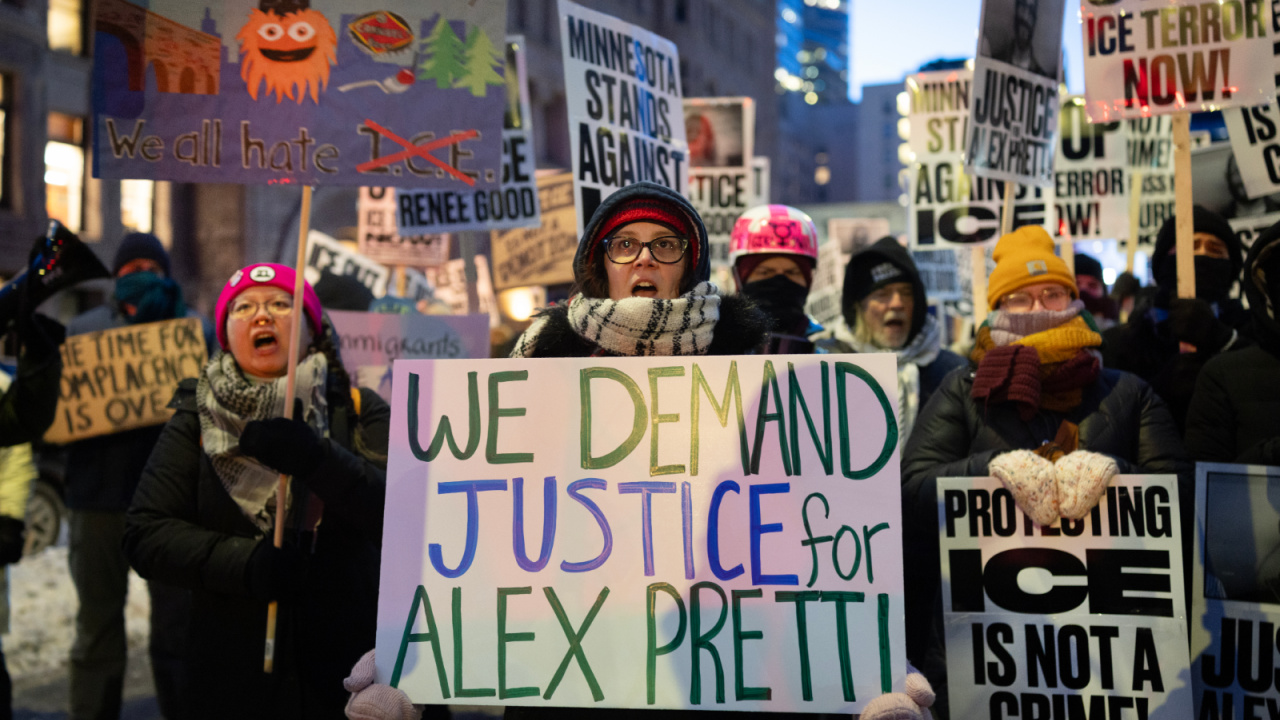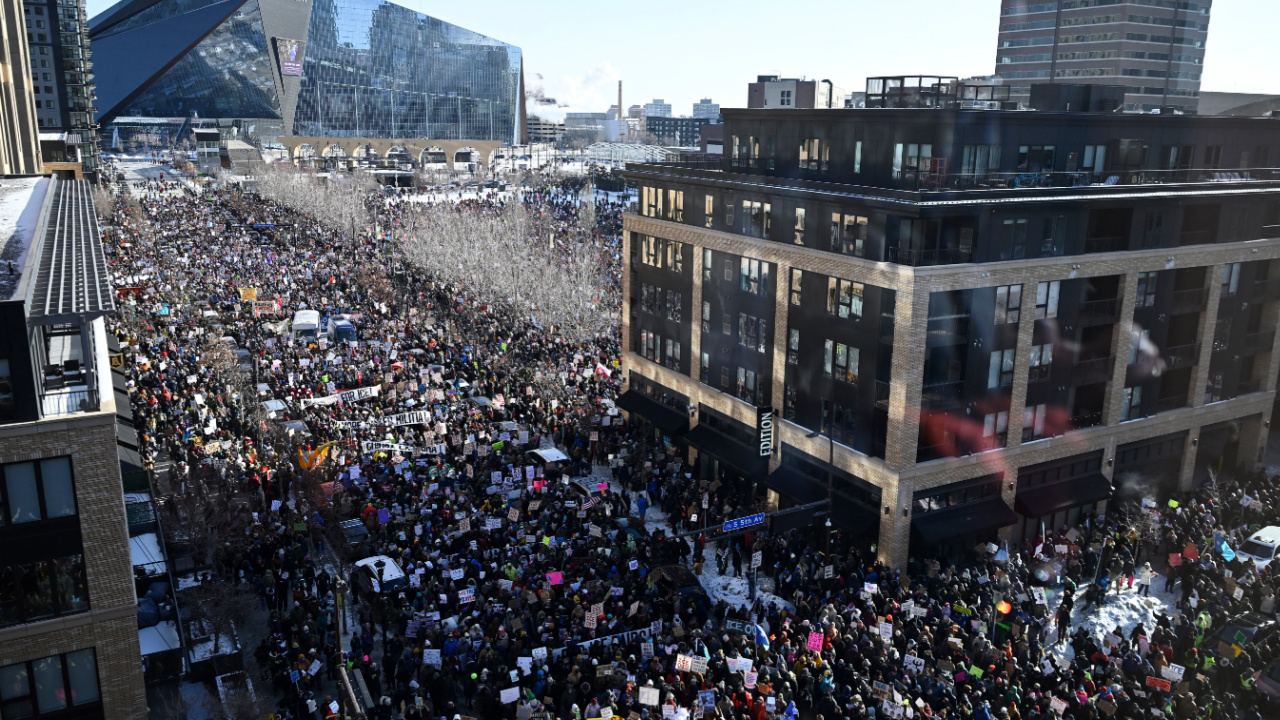
Maduro’s $13 Million Jet Grounded: U.S. Seizes Venezuelan President’s Plane in Bold Sanction Move
The Nicolás Maduro regime in Venezuela has taken another blow, this time on a tarmac.
Last Monday, the U.S. government seized Venezuelan President Nicolás Maduro’s plane in the Dominican Republic. The sale, according to U.S. officials, violated the sanctions that the U.S. government has in place against Venezuela.
President Maduro is the sole user of the $13 million plane, considered Venezuela’s Air Force One. He uses it mostly for foreign trips and diplomatic tours, most recently to Guyana and Cuba.
“Let this seizure send a clear message: aircraft illegally acquired from the United States for the benefit of sanctioned Venezuelan officials cannot just fly off into the sunset,” said Assistant Secretary for Export Enforcement Matthew S. Axelrod of the Department of Commerce in a statement from the U.S. Department of Justice. “It doesn’t matter how fancy the private jet or how powerful the officials – we will work relentlessly with our partners here and across the globe to identify and return any aircraft illegally smuggled outside of the United States.”
In fact, the Venezuelan regime purchased the plane, a Dassault Falcon 900EX, from a Florida company owned by a shell company in the Caribbean. The shell company was used to hide the Venezuelan government’s involvement in the acquisition.
The plane’s seizure happens against the backdrop of an electoral crisis in Venezuela.
In July, Venezuelans went to the polls to elect a new president. World leaders immediately questioned President Maduro’s victory. The international community remains skeptical that the election was handled with dignity and honesty.
However, according to CNN, opposition leader María Corina Machado has a different story to tell. She claims to have documentation that shows their candidate, Edmundo González Urrutia, won the election with 70% of the vote.
“The entire international community knows what happened in Venezuela and how people voted for change,” she said at a press conference.
However, the Venezuelan regime insists on telling its distorted story.
Maduro’s Attorney General’s office announced the issuance of an arrest warrant against González Urrutia, President Maduro’s political opponent. The announcement immediately met condemnation from governments in the Americas, including Brazil, Argentina, Colombia, and the U.S.
“It would be a political arrest, and we do not accept [that there should be] political prisoners,” Brazilian Foreign Policy Adviser Celso Amorim told Reuters. “There is no denying that there is an authoritarian escalation in Venezuela. We do not feel openness to dialogue.”
The U.S. government released a statement promising to consider various options should González Urrita be arrested. The measures would show Venezuela that its actions would have consequences.
“This is just another example of Mr. Maduro’s efforts to maintain power by force and to refuse to recognize that Mr. Gonzalez won the most votes on the 28th of July,” White House national security spokesman John Kirby told reporters, according to Reuters.
World leaders are calling for the publishing of the vote tallies. The discrepancy between the Venezuelan government’s official account of the votes and the opposition’s claim of misconduct has triggered protests in Venezuela, leading to violent clashes between protesters and police. According to the Human Rights Campaign, the pro-government forces have repressed the Venezuelan people’s right to peacefully protest against their government.




